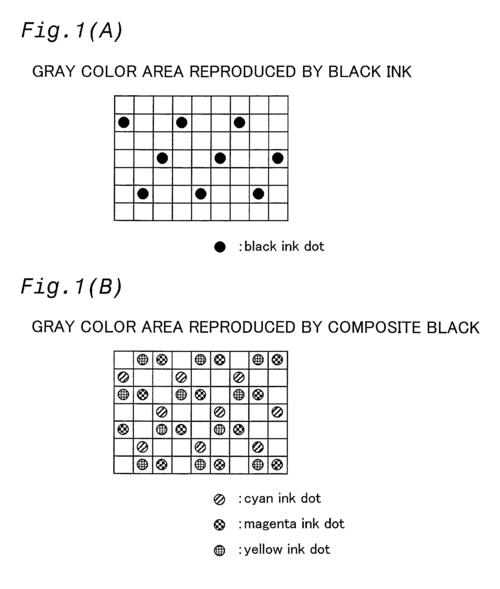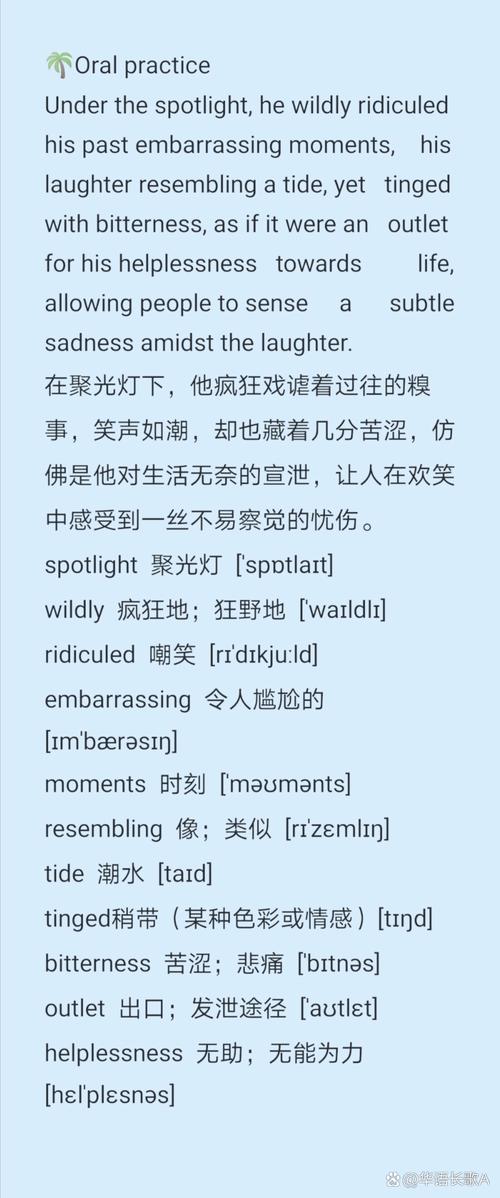The Controversy over Climax Needle: Is It a Gray Area or an IQ Tax?
 summary:
In recent times, the term "Climax Needle" has become increasingly prevalent in p...
summary:
In recent times, the term "Climax Needle" has become increasingly prevalent in p... In recent times, the term "Climax Needle" has become increasingly prevalent in public discourse, sparking controversy and debate among various sectors of society. Positioned at the intersection of health, technology, and consumer culture, this concept has stirred up a whirlwind of opinions, with some calling it a useful innovation while others see it as a mere gimmick. So, what exactly is the "Climax Needle" and is it a gray area or an IQ tax?
First and foremost, the "Climax Needle" refers to a device or technique that is designed to enhance sexual pleasure or prolong sexual activity. It operates within the realm of sexual health products, often marketed as a means to improve sexual performance or satisfaction. However, this controversial term has become a subject of intense scrutiny due to its perceived ambiguity and potential misuse.
As a product that falls within the realm of sexual health, the "Climax Needle" occupies a unique position in society. While some argue that it provides a useful tool for individuals seeking to enhance their sexual experiences, others view it as a dangerous trend that promotes unhealthy behavior and unnecessary spending. This divergence of opinion highlights the gray area surrounding the product.
On one hand, those who advocate for the use of "Climax Needle" argue that it provides an alternative method for enhancing sexual pleasure and satisfaction. In this sense, it can be seen as an extension of the broader trend of sexual wellness products that aim to improve individuals' overall sexual experiences. These products are often marketed as safe and effective, providing consumers with an option to explore their sexual desires without any harmful consequences.
On the other hand, critics of the "Climax Needle" argue that it is nothing more than a gimmick designed to capitalize on consumer desires. They view it as an example of overpriced and unnecessary products that are marketed towards vulnerable consumers, often without any scientific evidence to support its efficacy. This perception suggests that the product is an IQ tax, a term used to describe products or services that are overpriced and lack any real value or benefit.
The truth about the "Climax Needle" lies somewhere in between these two perspectives. While it can be argued that the product provides a useful tool for individuals seeking to enhance their sexual experiences, it is also true that it falls within the realm of consumer culture and may be subject to marketing strategies that prioritize profits over consumer welfare. Therefore, it is important for consumers to exercise caution when considering such products and make informed decisions based on reliable information and scientific evidence.
Moreover, society as a whole should engage in a broader discussion about the role of sexual health products in modern life. This discussion should aim to strike a balance between individual freedom and societal responsibilities, ensuring that products are safe, effective, and not exploited for financial gain without any real benefit to consumers.
In conclusion, the "Climax Needle" remains a controversial topic that divides opinion. While some view it as a useful innovation within the realm of sexual health products, others see it as an example of overpriced and unnecessary products that exploit consumers. Ultimately, it is important for individuals to make informed decisions about such products, while also encouraging society to engage in a broader discussion about the role of sexual health products in modern life.



